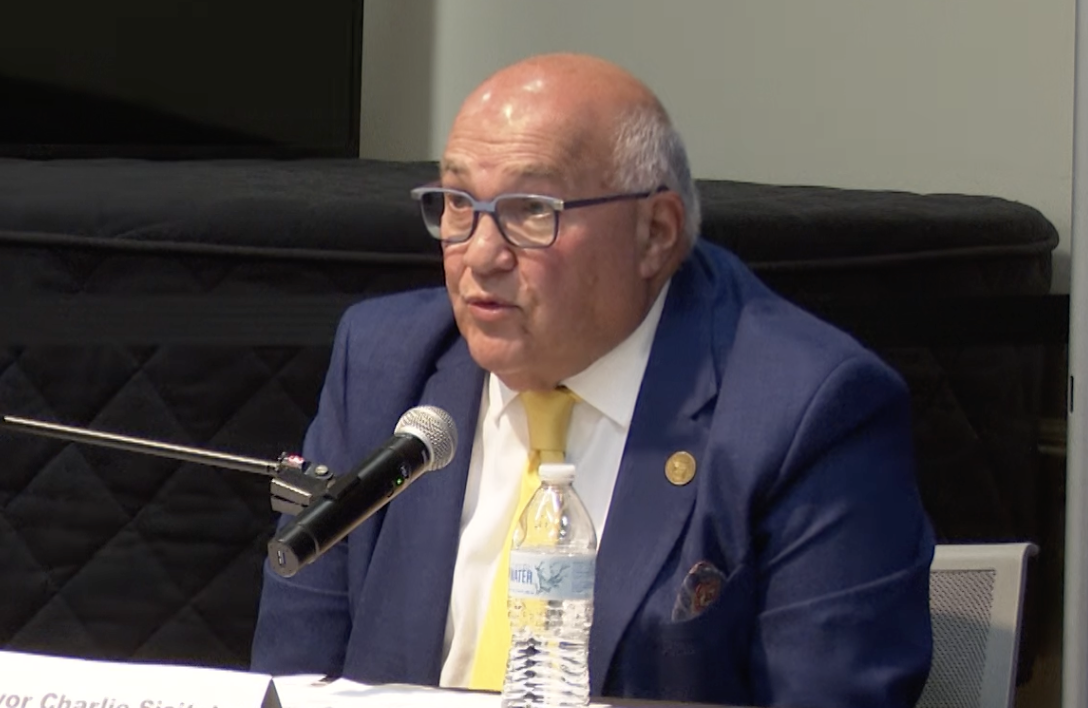The funding is part of $234 million that's earmarked to benefit healthcare facilities across Massachusetts if the budget is eventually approved by state legislators.
FRAMINGHAM - MetroWest Medical Center is primed to receive up to $10 million in state funding, pending approval from lawmakers on Beacon Hill.
The funding, which is part of a supplemental budget bill that is set to be taken up by the Massachusetts State Senate, is part of $234 million being earmarked for “financially struggling hospitals and community health centers,” according to a press release from the office of Senate President and 2nd Middlesex and Norfolk Senator Karen Spilka. It was proposed as part of the closeout budget ending the previous fiscal year, which closed at the end of June, ensuring that the budget had an even balance. Both the State Senate and House of Represenatives allocated funding for hospitals.
The money would be distributed to both Framingham Union Hospital as well as Natick’s Leonard Morse Hospital for physical, mental, and behavioral healthcare.
“Hospitals are incredibly fragile right now," Spilka said in an interview with The Frame.
"Ever since COVID, they’ve been struggling. They haven’t gotten out of the concerns and a lot of the issues that hit them with COVID, coupled with some of the pending cuts from the federal government right now. A lot of the hospitals really needed some funding.”
State officials aim to boost the Health Safety Net program, which pays for certain medical services to low-income patients who meet qualifications at community health centers across Massachusetts.
The budget's consideration at the State House comes in the wake of MetroWest Medical Center’s decision to transition the nursery ward at Framingham Union Hospital to a Level IB facility—one that is equipped to address some complications for newborns and their families. Tenet Healthcare, the Texas-based company that owns MetroWest Medical Center, had initially planned on reducing the nursery from a special care Level IIB ward to a Level IA facility, a plan that received negative feedback from local politicians, healthcare workers, and residents alike.
“I think that this will help MetroWest (Medical Center)," Spilka continued.
"I know that most of the hospitals that are getting this, it’ll help stabilize their finances for a while and ensure that they have the resources to continue providing the critical lifeline services that they are providing now.”
Spilka mentioned that additional health-related efforts from the state legislature in the future could include a focus on the delivery of primary care.

About 23% of registered Framingham voters cast a ballot in 2025. Charlie Sisitsky defeated Geoff Epstein to win another term as mayor, while John Stefanini and Mary Kate Feeney won in their respective City Council races. Brandon Ward and Michael Cannon were reelected to the local legislative board, while Lorena Tovar and Brent Lewis were victorious in their School Committee bids. Changes to the city's Home Rule Charter received overwhelming support as well.